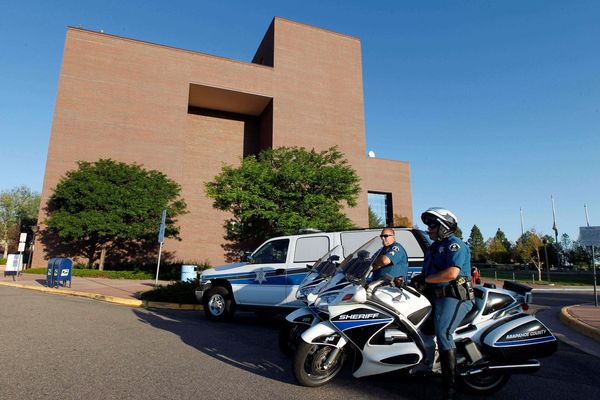The New South Wales government has sacked all Central Coast councillors over the council's financial crisis.
Thirteen councillors were suspended in October 2020 after revelations the council had accrued an estimated $89 million deficit, and had no cash to pay its staff.
The council was about half a billion dollars in debt, in what has been described as the "greatest financial calamity" in the state's local government history.
Last year, a public inquiry into the issue began and its report has made eight recommendations, including that "all civic offices" be declared vacant, effective immediately.
Minister for Local Government Wendy Tuckerman acted on that today as she tabled the findings.
She has also adopted the recommendation to appoint an administrator until the likely 2022 election, by asking the current administrator Rik Hart to continue the council's financial recovery.
The public inquiry commissioner has also recommended mandatory training be provided to each new councillor, including relating to financial management specific to local government.
"Many ratepayers of [Central Coast Council] and members of the Central Coast community are angry at the situation now faced by [the Council], and understandably so," commissioner Roslyn McCulloch said.
Former mayor Lisa Matthews said she found out about her termination today via email.
She said she accepted some responsibility but believed the councillors were the "scapegoat".
"It's clear that there was a lot of information we weren't given," she said.
"We certainly weren't given accurate information when it came to finances."
What went wrong?
Commissioner Roslyn McCulloch outlined a range of reasons that led to the deterioration of the council's financial position.
She said repeated budget deficits were a significant factor.
"The councillors could have observed that actual results year on year were much worse than budgeted for," she said.
She also said they had the means to "keep the financial performance of the council under review, but it failed to do so adequately".
But commissioner McCulloch noted that the council's finance staff "actively discouraged" the councillors from reviewing the budget in 2019.
She said some staff failed to adequately perform their duties meaning there was insufficient strategic financial direction and information provided to councillors.
Some residents and politicians have blamed the amalgamation of former Gosford and Wyong councils.
Ms Matthews said the amalgamation proved problematic.
But in commissioner McCulloch's view, while the amalgamation "added to the financial and political complexities" of the council, "it was not the cause of the financial crisis".
On the other hand, she said the "costs of the merger … far exceeded the merger grants" and that the "council had inherited significant infrastructure backlogs" as well as "significant but manageable debt levels".
"It would be unrealistic and unreasonable to expect efficiencies or financial savings to have been evident by October 2020," she said.
Inadequate councillor training and knowledge were also highlighted as problems.
Council still faces challenges
Shadow minister for the Central Coast David Harris said Labor was disappointed with the final report.
"Whilst it does chronical what happened, it doesn't offer any viable solutions to the problems," Mr Harris said.
"[The state government has] bailed out other councils across the state but apparently not Central Coast Council."
Parliamentary secretary for the Central Coast Adam Crouch said the council was working well to control its assets and get spending under control.
"The state government has always provided literally millions of dollars of funding and support for Central Coast Council," he said.







